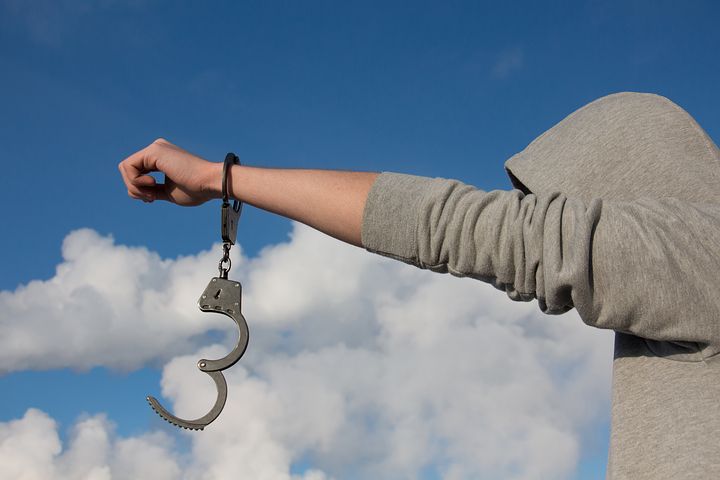Addiction?
How to get free

Think: do you control your life?
Think hard for a moment. Are you one of the millions who
- have gone through the torture of trying to give up smoking cigarettes without success
- Fluctuate between binge eating and radical diets
- Need a “sugar fix” between meals or after every meal
- Alcohol is becoming an increasingly important part of daily life
- Secretly dread the possibility that a drug prescription won’t be renewed
- You can’t get started in the morning without that first cup of coffee
Then you have to realize that some chemical substance has more control over your daily life than you do – in short, that you are an addict!
Perhaps no other illness touches as many people as addiction does. It is responsible for countless deaths due to overdoses and accidents, hospital admissions, divorces, drug-related crime, terrorism funded by the drug trade, suicides and mental health issues. It not only impacts the addict but all those who are around them, including society as a whole. The problem includes behaviourial addictions, such as gambling, internet addiction, gaming, pornography and eating disorders.
It is estimated that at least four out of every ten people are born with potential addiction to dozens of common substances. Many of these substances are perfectly legal and condoned by society, such as alcohol. The odds are overwhelmingly great that you or someone you love is already a victim of addiction and that, because of it, life is less satisfying than it ought to be.
This doesn’t have to be so. Addiction can be treated. The first step in the process of coping with addiction is accepting the fact that it exists. That’s difficult for many of us. Addiction is often difficult to treat because the affected person is in denial – they cannot or do not acknowledge that they have a problem and resist or delay treatment.
An increasing number of recovering people are now stepping forward, acknowledging their addiction, and sharing their recovery stories. They are finding that their careers are not jeopardized but enhanced by such acts. They discover the joys of sobriety and many new avenues toward self-discovery and growth. They want to share these rewards with others. It also inspires others to get into recovery.
It is now acknowledged that addiction is a primary, progressive, chronic, relapse-prone and potentially fatal disease. It is caused by environmental, biochemical and genetic factors – possibly a combination of all of these. It is a “soul sickness”, as described by Alcoholics Anonymous (AA).
It adversely affects all areas of the addict’s life – physical, psychological, social, emotional and spiritual. Therefore, any effective treatment must address all these areas – a holistic approach that includes relapse prevention and after-care.
There are several methods of treatment. However, an integrated and evidence-based model that includes psychotherapy, psychiatry, and 12 Step facilitation in a therapeutic and comfortable setting has proven to be most effective. Since each addict is unique in terms of social, familial and cultural background and history, the treatment plan should be individualized for optimum support. Moreover, the approach needs to be gender-specific and include LGBTQ+ concerns.
It also helps if Yoga, meditation and other therapies such as hypnotherapy are included in the recovery model.
Addiction also affects the family members who exhibit significant fears, shame, guilt and anger. The relationships are damaged, and an effective treatment plan should ideally include family support– to rebuild broken relationships.
The treatment can be provided either in an inpatient setting or on an outpatient/ online basis for motivated individuals.
Recovery from addiction requires hard work, patience and commitment. The choice is between living out of control and a life that is truly your own. And that is no choice at all!
If you have concerns about your addictions or the addictions of your loved ones, call +91 90008 50001 or send a discreet email to info@hopetrustindia.com